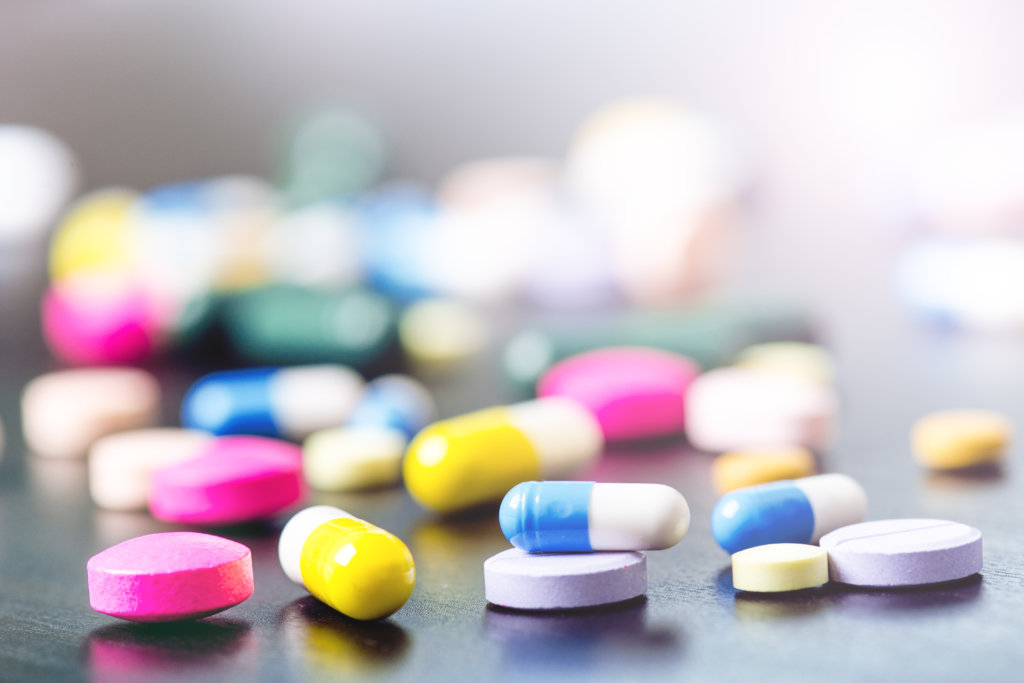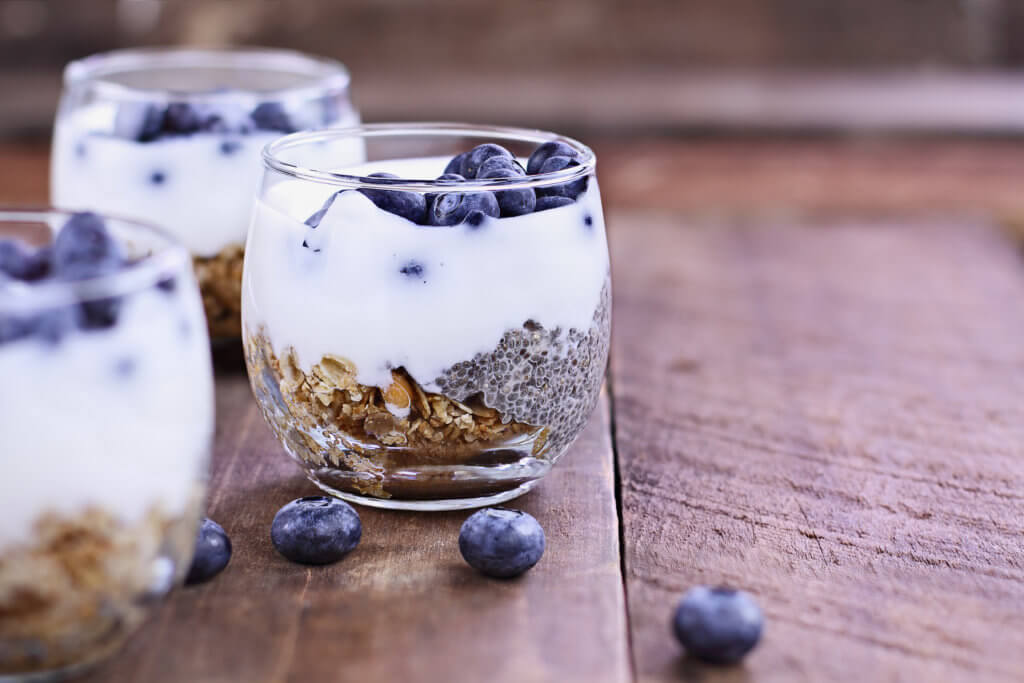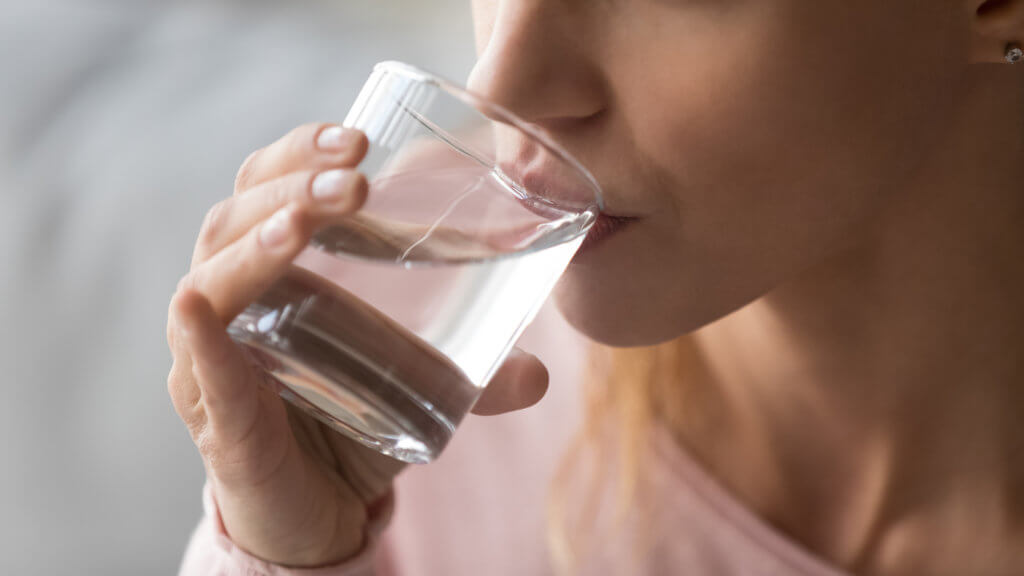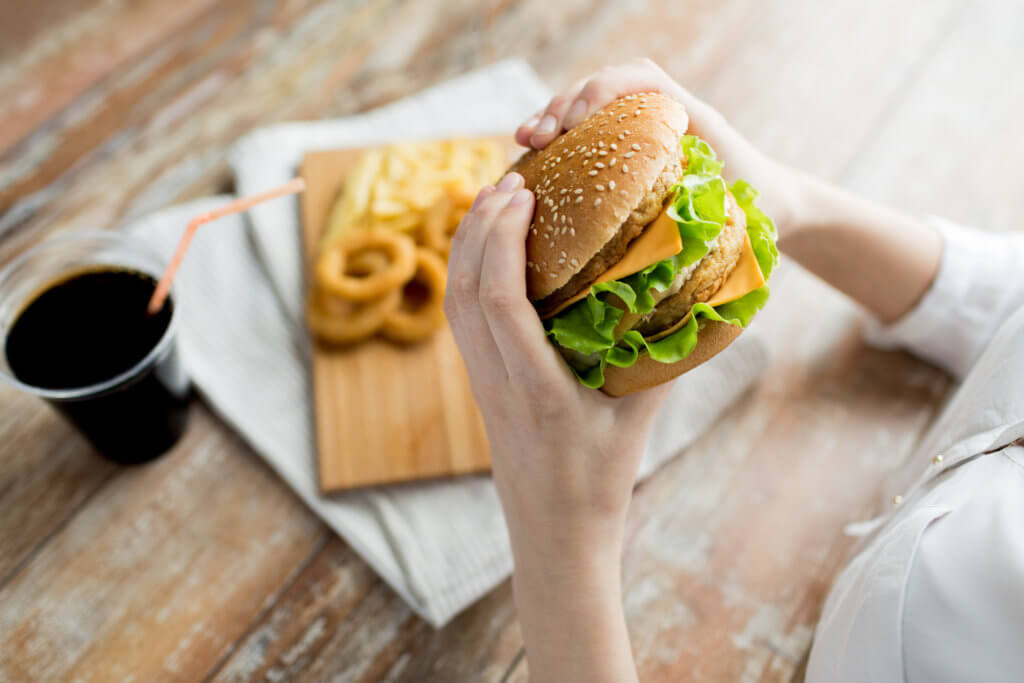Everyday Things That Are Secretly Destroying Your Digestion
Everyone experiences occasional digestive symptoms, but when these symptoms frequently occur, they can severely impact your life. Fortunately, there are lifestyle and diet changes you can make to improve your gut health.
But, before you self-diagnose yourself with a food intolerance, check the list below for a few fixable things you can do that will positively impact your stomach.
Are you sleep deprived?

Tossing and turning all night does more than just make you irritable in the morning. Even just one bad night’s sleep will make you want to reach for sugar and carbs. Lack of sleep will increase the hormone ghrelin, which causes an increase in cravings for fats, sugars, and caffeine – which can all irritate the digestive system. These cravings are the body’s natural response to comfort the body when it is feeling exhaustion. To combat these cravings, eat balanced meals and adequate protein.
Are you stressed?

Sleep and stress are typically inversely correlated, as sleep decreases, stress increases, and their impact on digestion is similar. The digestive process is controlled by your parasympathetic nervous system – also known as “rest and digest” – and stress can quickly impact this process. When your body’s “fight or flight” response is triggered, digestive muscles may exert less effort and digestive enzymes may be secreted in smaller amounts.
In the short term, this just causes a few uncomfortable hours, but it gets much more serious if the symptoms persist. Consistent stress and anxiety will impair your body’s ability to metabolize and digest your food properly. Over an extended period of time, this will reduce the amount of nutrients you absorb.
While you cannot avoid stress entirely, engage in relaxation techniques to help calm the mind and body. (Related: 8 Exercises to Relieve Stress Fast)
Are you not exercising enough?

Research shows that exercise positively impacts gut microbiota diversity, meaning a healthier digestive tract and, most likely, more efficient digestion. Gut microbiota is, put simply, the ecosystem of your gut and helps your body support a well-functioning immune system. Two vital factors in the digestion equation are staying hydrated and active, both will keep things moving in your gastrointestinal tract.
Do you have bad posture?

Standing tall with your shoulders back and head held high is not just a way to enter a job interview, it also helps with digestion. Perfect posture is thought to prevent constipation, indigestion, and back and neck pain.
Have you started a new medication?

Antibiotics are important to combating bacterial infections, but overuse can disrupt gut bacteria. As antibiotics work to kill bacterial infections, they often kill “friendly” gut bacteria as well, which are needed to maintain the balance in the microbiome and support digestion.
Probiotics and eating fermented foods will increase the amount of healthy bacteria in your system.
Have you upped your probiotics?

Probiotics help good bacteria flourish, but too much of a good thing can be a bad thing. An imbalance of good bacteria can also give you digestive issues. If you want to take probiotics, start with a low dose and take it less frequently.
Are you taking big gulps of water while eating?

Yes, hydration helps with digestion, but the way you are drinking your water could be affecting your digestion. If you are gulping water or any other drink with your meal, you could be subject to increased gas and bloating. Drinking during meals will dilute your digestive enzymes and hydrochloric acid, which slows down your digestive process. It is recommended to drink water 15 minutes before you eat and 30 minutes to an hour after you eat.
Are you chewing too quickly?

Chewing is the first step in digestion, so naturally, how you chew will affect the whole process. Saliva contains enzymes that help break down food particles before they even enter the digestive tract. So, the longer the food is exposed to saliva (through chewing), the easier it will move through your intestines, and the less gas it creates. It is recommended to chew about 20 to 30 times before swallowing. This will ease your digestion and improve the absorption of vitamins, minerals, and nutrients.
